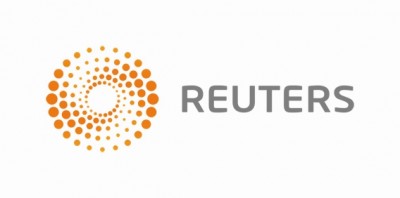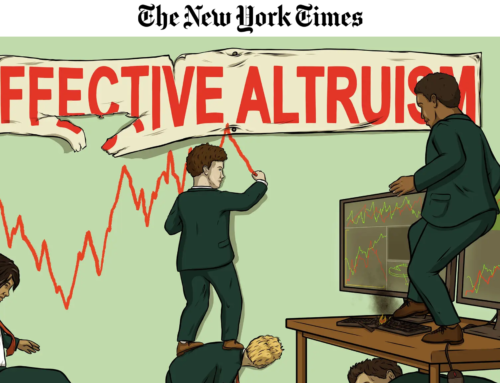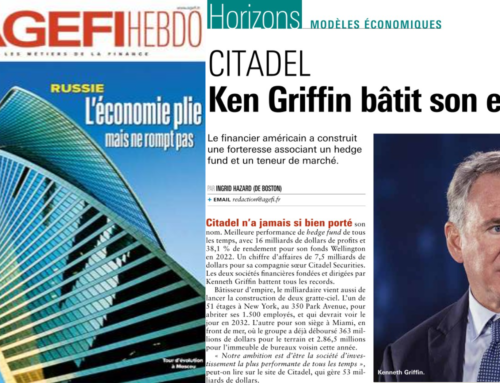Originally published by Reuters here.
Markets | Tue Jul 5, 2016 5:27pm EDT
By Herbert Lash
A judge for the Securities and Exchange Commission opened the door for U.S. exchanges to charge more for their high-speed data products, a move that could reduce the number of high-frequency trading firms that trade large quantities of securities.
Brenda Murray, chief administrative law judge for the SEC, last month rejected a petition by a brokerage lobby to set aside fee increases for data sold by Nasdaq Inc and NYSE Arca, an exchange owned by Intercontinental Exchange Inc .
Only a small group of firms, primarily high-frequency traders, will keep purchasing so-called depth-of-book data from all providers, said Paul Rowady, founder and director of research for Alphacution Research Conservatory. The impact may be to shrink the ranks of these data-intensive firms, he said.
The Securities Industry and Financial Markets Association (SIFMA), which has fought higher data fees for almost a decade, will have a hard time stopping price increases on the data in question, Rowady said.
The data products – NYSE Arca’s Arcabook and Nasdaq’s Level 2, OpenView and TotalView – detail the “book,” or the amount of shares and prices on offer for pending orders. Traders use the information to gauge how the market will move.
The evidence showed that switching between data products is commonplace, the judge said. Evidence also showed that the exchange’s largest customers, identified as some 100 brokerages and high-speed trading firms, constrain data prices by routing or threatening to route their order flow elsewhere, she said.
The judge said it was clear that many customers find depth-of-book data from only some exchanges sufficient, rejecting key arguments put forth by SIFMA that most traders need the data and that one product is not interchangeable with another.
The judge said high-frequency traders may require data from all the exchanges, in addition to traders taking part in auctions at the open and close of the market. But the two groups reflect a small percentage of market participants, she said in June 1 ruling that was only made public last week.
The judge said NYSE Arca and Nasdaq have largely not raised their depth-of-book prices since each initially imposed fees, and when they did, most of the price increases affected a handful of large customers.
It was not clear if the ruling will be appealed. SIFMA said it was assessing its legal options. (Reporting by Herbert Lash; Editing by David Gregorio)






